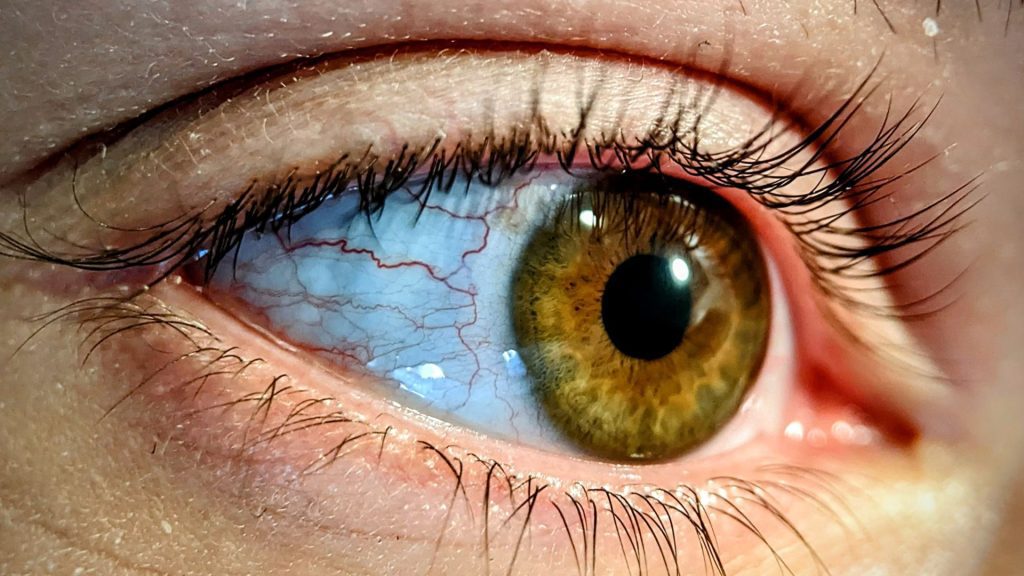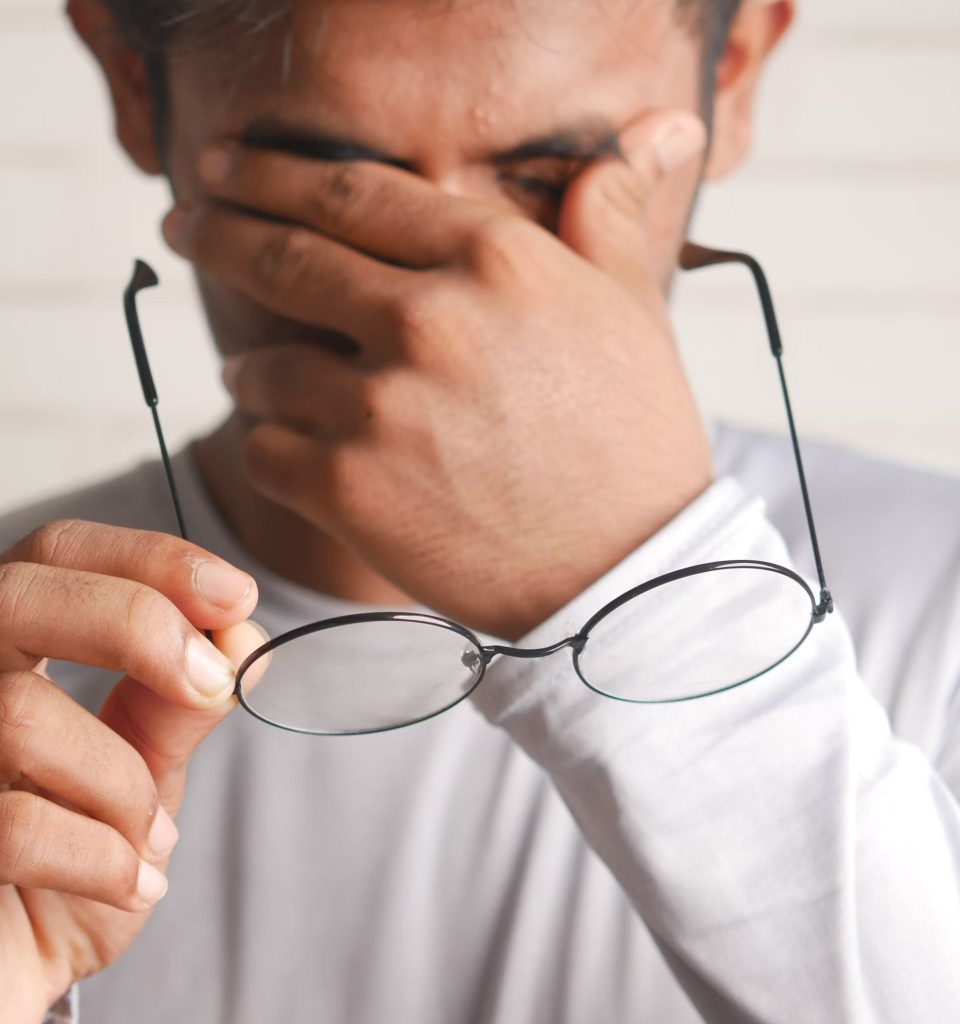![]()
When it comes to lenses, there’s no one-size-fits-all solution. Some people might need them for common problems like being unable to see up close or far away, but some versions are medically necessary contact lenses.
They go beyond common issues and can improve the quality of life for countless people, so let’s find out what they are and who can benefit from them.
What Are Medically Necessary Contact Lenses?
Millions of people wear basic vision correction and commonly prescribed contact lenses. Do you have to squint to see signs when driving, or do the words on a page look fuzzy even when you hold them up to your face?
These are signs of common issues: being farsighted and nearsighted. A simple, quick eye exam with an expert can help determine what contact lenses or glasses can help you. Some people only need lenses for specific situations, like reading, while others need them full-time.
But medically necessary contacts are specific lenses prescribed to treat health conditions that go beyond simple vision correction. They’re not cosmetic, either.
A significant factor is that, in some cases, they can be covered by insurance because they’re needed for health reasons. They aren’t just about everyday comfort and a preference over glasses; they help with more serious diseases and conditions.

Conditions That May Require Medically Necessary Contact Lenses
- Post-Surgery Lenses: Eye surgery can lead to a period of recovery where medically necessary lenses are needed for vision correction. This can be in cases of corrective surgery or operations like a corneal transplant.
- High Astigmatism: Astigmatism isn’t rare, but there’s a more severe version where regular contacts and glasses won’t do the trick. Customized lenses can be a game-changer in this situation.
- Keratoconus: It sounds complicated, but in simple terms, it’s an eye disease that damages the cornea, the outer layer of the eye. It can cause the cornea to change shape, bulge, or become more conical.
- Corneal Scarring: Some people have scars or damage to the outer layer of the eye, which can cause a whole host of vision-related problems. The fix can be specialized, medically necessary lenses.
- Severe Dry Eye Syndrome: There are dry eyes, which can be a common issue, and then there are really dry eyes. Proper diagnosis and custom lenses, like scleral lenses, can help improve your quality of life.
Types of Medically Necessary Contact Lenses
You might be wondering if you need medically necessary contact lenses or what types there are; here are some of the main ones:
- Rigid Gas Permeable (RGP) lenses: As the name suggests, they’re inflexible and durable, so they can often help with issues related to keratoconus and irregular corneas (the outer eye layer).
- Scleral Lenses: These lenses are larger than usual contacts, extending over the white part of your eye. They’re often prescribed for irregularities and very dry eyes as they offer extra hydration.
- Hybrid Lenses: With a rigid center with a soft outer section, these lenses offer the benefits of hard and soft lenses for correction and comfort. They can be used in cases of high astigmatism and keratoconus.
- Custom Soft Lenses: These lenses are custom-made for people with eye irregularities that regular lenses just won’t help with.
The design and material of the lenses aren’t what makes them medically necessary. That’s something that the doctor and insurance company will decide if they are and if your insurance will cover them.
Medically necessary contact lenses are often custom-made for different eye conditions, so your doctor will know what you need and how you need them designed to improve your vision.

How To Get Medically Necessary Contact Lenses
If you’re worried there’s something wrong with your eyes or eyesight, then the first port of call should be an optometrist or ophthalmologist. They will be able to give you a thorough eye exam and determine the cause of any issues you’re having.
It may be tempting to doom-Google your symptoms and ask Chat GPT to come up with answers, but the longer you spend on Reddit threads, the longer you’re avoiding seeing a real doctor who can help you.
If you are told you have a more serious eye condition, there are also doctors who specialize in dealing with corneal diseases, post-surgery recovery, and much more.
They’ll be able to prescribe you custom lenses that can help you get your life back on track. They will also be able to help with ongoing adjustments.
Will Insurance Cover Your Lenses?
There’s no straight answer to this question; it depends on your condition, what your doctor says, and how your insurance company processes vision claims. The best thing to do if you think you need contact lenses for ongoing symptoms is to get yourself signed up for an eye exam as soon as possible!
Then, you can get a real diagnosis and paperwork from your doctor to start the insurance claims process. It might not always be fast, but it can be worth it! You could end up saving hundreds of dollars each year, which is a big win for your bank balance and one less cost to worry about!
Do You Need Medically Necessary Contact Lenses?
Well, the only person who can tell you is an expert! So, if you’re stressing about your eye health, don’t procrastinate; get it checked out so you can have peace of mind knowing there is a solution.
The benefits of medically necessary contact lenses can be life-changing for those with specific conditions that cannot be helped with regular lenses. So, take the power of your health into your hands and get ahead of any potential issues.


